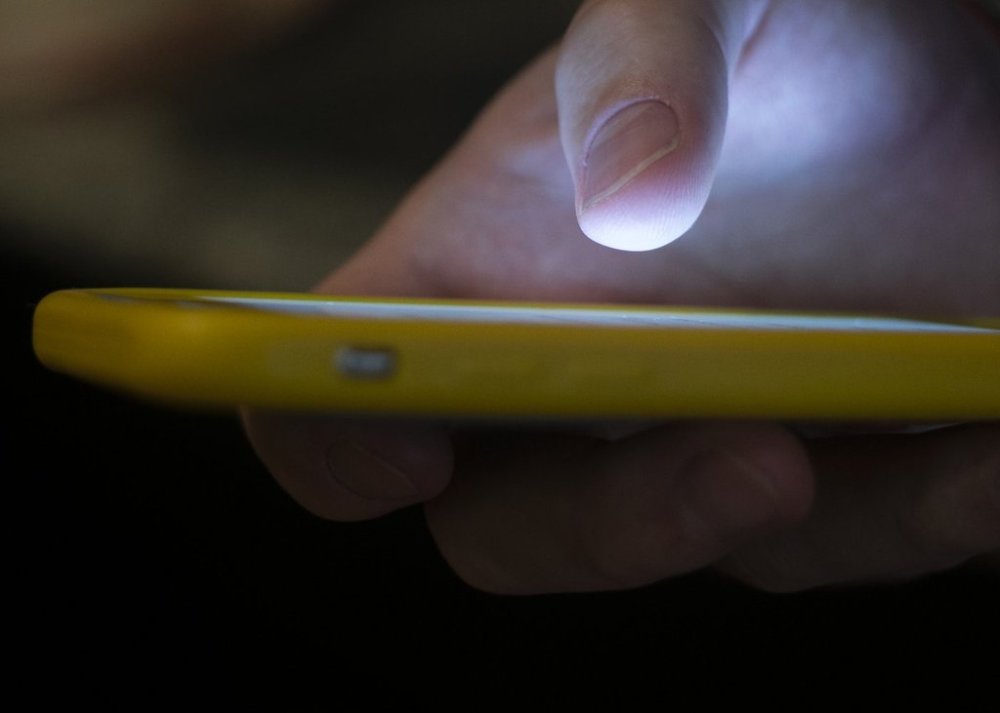Don’t click on those road toll texts. FBI issues fresh warning about the smishing scam
Advertisement
Read this article for free:
or
Already have an account? Log in here »
To continue reading, please subscribe:
Monthly Digital Subscription
$0 for the first 4 weeks*
- Enjoy unlimited reading on winnipegfreepress.com
- Read the E-Edition, our digital replica newspaper
- Access News Break, our award-winning app
- Play interactive puzzles
*No charge for 4 weeks then price increases to the regular rate of $19.00 plus GST every four weeks. Offer available to new and qualified returning subscribers only. Cancel any time.
Monthly Digital Subscription
$4.75/week*
- Enjoy unlimited reading on winnipegfreepress.com
- Read the E-Edition, our digital replica newspaper
- Access News Break, our award-winning app
- Play interactive puzzles
*Billed as $19 plus GST every four weeks. Cancel any time.
To continue reading, please subscribe:
Add Free Press access to your Brandon Sun subscription for only an additional
$1 for the first 4 weeks*
*Your next subscription payment will increase by $1.00 and you will be charged $16.99 plus GST for four weeks. After four weeks, your payment will increase to $23.99 plus GST every four weeks.
Read unlimited articles for free today:
or
Already have an account? Log in here »
Hey there, time traveller!
This article was published 13/03/2025 (289 days ago), so information in it may no longer be current.
WASHINGTON (AP) — The FBI is warning Americans not to respond to scam road toll collection texts after receiving more than 2,000 complaints this month.
The texts impersonating state road toll collection agencies attempt to get phone users to reveal financial information, such as credit or debit cards or bank accounts.
They’re so-called smishing scams — a form of phishing that relies on SMS texts to trick people into sending money or share sensitive information.

The FBI says the texts are moving from state to state and use nearly identical language falsely claiming that recipients have an unpaid or outstanding toll that could result in fines or suspended driving privileges.
The FBI is asking those who receive the scams to file a complaint with its IC3 internet crime complaint center, www.ic3.gov, and to also delete the texts.
Cybersecurity firm Palo Alto Networks said last week that a threat actor has registered over 10,000 domains for the scams. The scams are impersonating toll services and package delivery services in at least 10 U.S. states and the Canadian province of Ontario.
While Apple bans links in iPhone messages received from unknown senders, the scam attempts to bypass that protection by inviting users to reply with “Y” and reopen the text.


